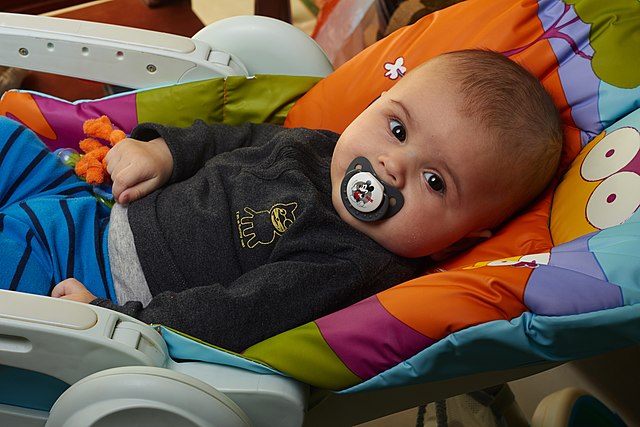In June of 2022, the Supreme Court made the unexpected decision to overturn Roe vs. Wade, which was the case law that federally protected women’s right to abortion. Now, abortion is no longer considered a constitutional right, and each state will determine whether they will continue to allow abortions.
While Christians across the country are rejoicing at the idea that more unborn lives could potentially be saved by the ruling, one cannot help but think about how such a shift in policy could negatively impact women. For instance, factors like a lack of financial stability in the wake of new life, along with learning to balance parenthood with other responsibilities, can bring difficulty and even the negative well-being of that life. Moreover, this new ruling could unintentionally promote the unequal treatment and financial suppression of women.
WHY ABORTION?
In order to understand how overturning Roe vs. Wade could have negative consequences, it is important to evaluate the reasons why women have chosen to seek out abortions over the years. According to a survey that the National Library of Medicine published in 2004, 74% of the 1,209 abortion patients who participated believed that a child would interfere with their lives. Another 73% of women stated that they simply could not afford to have another child. Later on, over the course of a separate five-year longitudinal study, the most prominent reasons for abortion once again included a lack of financial stability, the wrong timing or simply the unreadiness for a child and all the responsibilities the role of parenthood would entail.
In this article published by VeryWell Health in December 2022, Dr. Dawn Stacey outlined the most common reasons why women choose to seek out an abortion. While all of the reasons stated stemmed from a place of unpreparedness, the most common reasons included financial stressors (40%), imperfect timing (36%) and issues with partners (31%).
This makes the issue of abortion much more complex, as women are often experiencing a significant amount of pressure, which pales in comparison to an unborn life, but often drives them to seek abortions. These recurring pressures, like financial struggles, issues within a relationship or what seems to be the wrong timing, are what make the choice to seek abortion what could be the hardest decision of their lives.
WHAT NOW?
The Supreme Court ruled that abortion is not a constitutional right, but an issue that can be determined by the government of each of the states. With more conservative states heavily restricting access to abortions, one cannot help but wonder how it will negatively impact women in those states, who see abortion as their only option. For instance, because a lack of financial stability appears to be the primary reason for most of the abortions being performed in the U.S., we, as Christians who value life, ought to think about how to love and support these women who lack the resources to take care of a child.
In response to the monumental overturning of Roe vs. Wade, Chelsea Sobolik, director of public policy for the Southern Baptist Ethics and Religious Liberty Commission (ERLC), stated that while it is essential to continue our advocacy for the unborn, we should also start loving and supporting mothers through what may be a very difficult transition for them.
We as the church ought to treat the overturning of Roe vs. Wade as merely a start to a long commission, in which we are commanded to not only protect the unborn, but also come alongside the women, who will now find themselves having to take on the responsibility of caring for a new life with a lack of adequate resources.












